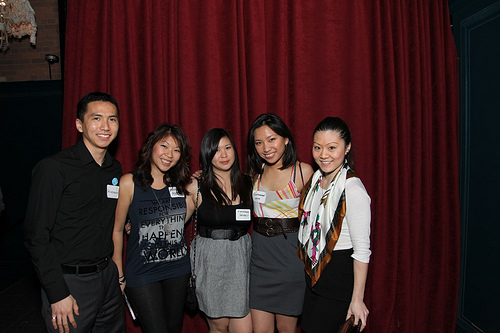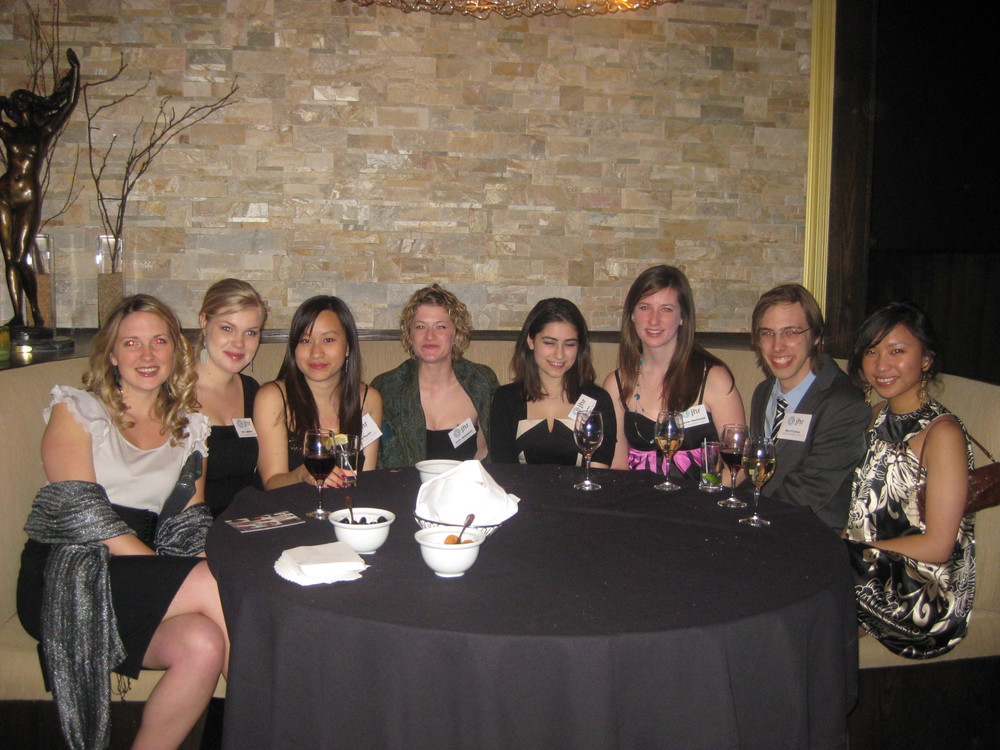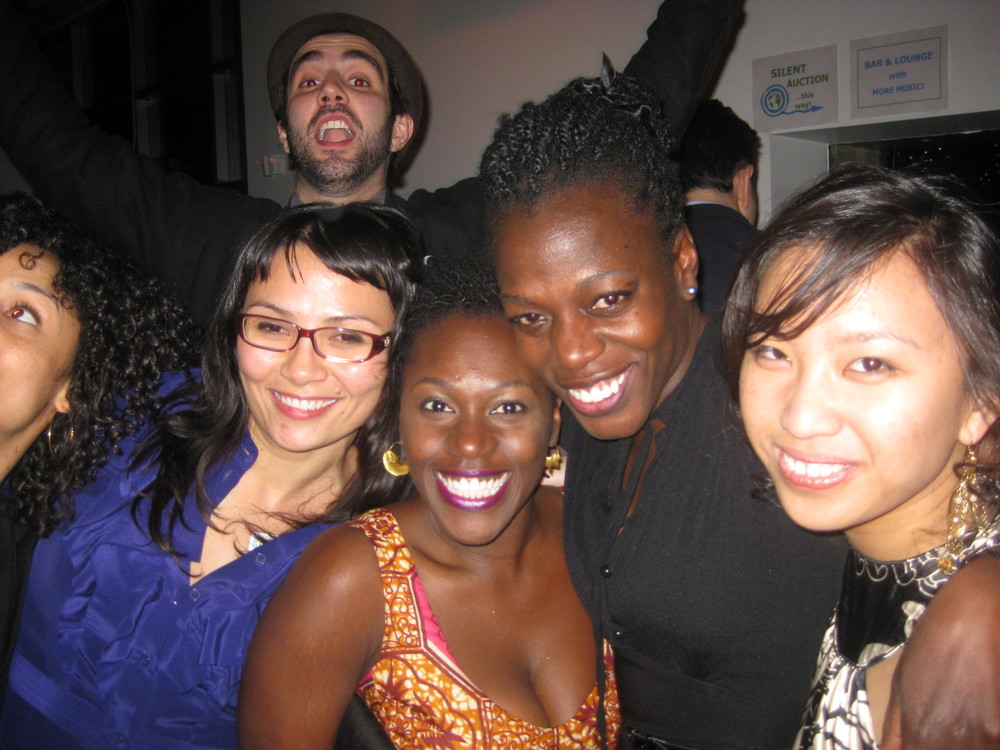So today I went to an exhibition that connects youth who want to study, work, and volunteer abroad with organizations offering just those sort of opportunities. It should come as no suprise as to why I went. It was an interesting event, to say the least.
I walked around the fair scoping out all the different organizations offering internship and volunteer opportunities, picking up a few pamphlets. And then I attended this seminar by Projects Abroad on the different initiatives they have going on in so many countries around the world. I began to feel really weird as I walked around the conference center. Because everything there came with a price. Want to volunteer to build a school in Cambodia? No problem, just drop $5000, no big. Want to intern at a rural hospital in Ethiopia? You've got options! For one month, it's only $4000...add just an extra grand if you want to stay another month. Is this really all benevolence or just another form of consumerism? What I saw today, essentially, were a bunch of organizations literally selling an experience with the sales pitch of "doing good" and a lot of young people just eating it all up. And "voluntourism", as this industry is so cleverly called, has really become this booming billion dollar market (not an exaggeration).
Now I'm not actually as cynical as that last paragraph might have sounded. I think it is fantastic that more and more people are interested in learning about global cultures and making a difference in the world in some shape or form. I do not doubt people's intentions or their drive to do "good". I am one of them, after all. And I think this drive is something positive that we should be harnessing and tapping into. But my educational background forces me to look and think beyond the rhetoric of benevolence.
Today the everyday language of voluntourism accepts it simply as necessary and inherently good without looking deeper and recognizing the very many nuances that exist, the socio-political structures that underlie the different countries and communities that volunteers are so eager to be a part of.
I listened to the people at the booths who were "pitching" their projects overseas, my fellow youngin's asking their questions, and the speakers rah-rah-rah-ing everyone in the crowd. And I heard the same thing all across the board. There was this sort of glamour, romance, and novelty being attributed to working abroad in some rural community in the developing world. One young woman even asked if she could do two, two week projects back to back -- one in South America and the other in Asia. And I couldn't help but ask myself, what fruits could that possibly bear? Both for herself and for the communities that she would be working with? What could one possibly learn in two weeks about another country, city, or village? And how does volunteering in such a short time affect the people in these places?
Pico Iyer said, "travel is the best way we have of rescuing the humanity of places, and saving them from abstraction and ideology" -- in my own interpretation, of breaking down that distinguishing line between the Self and Other that has caused and continues to cause so much misunderstanding and strife today. But when we participate in these volunteer programs, many of which are really short term (weeks, sometimes even just days) do we really accomplish that? Or because of the shortness of time, do we only heighten the difference, painting an incomplete, more incomprehensible picture? Can a mere glimpse into another world really allow you to understand it?
And going back to the whole payment situation that was (is?) so bothersome to me. To take part in these programs is to be in a position of privilege. To be able to pay thousands of dollars to get involved in such initiatives presupposes privilege. And with that, there are some real power relations that need to be unpacked. What is the effect of having volunteers (mostly Westerners) come in and out of communities? What is the effect of this on the people of these communities? Is our "help" even needed? We need to ask the role of the self in all this. Why are we (as individuals) doing this? Why are we invested in volunteering and engaging? Is it a commitment to social change? Because if it is, two weeks caring for children in an orphanage or building a school will not usher change. To do so requires addressing the structural mechanisms that work to maintain and reproduce the current systems of injustice and inequality.
Now don't think I'm passing judgment on and criticizing everyone at this expo. It's as much a reflection on myself as it is on the whole industry of voluntourism and its relationship to development. I put myself through this same kind of scrutiny everyday too. I ask myself, why do I want to be in the nonprofit sector? Why am I so keen on studying international development? I interned at an NGO's head office for eight months without pay and continue to work there part-time at a not so glamorous rate because I can afford to do so. That is privilege. What are the implications of that? I live a more than comfortable life, am able to take time off to travel leisurely, and then safely come home to advocate against human rights abuses in post-conflict countries. What are the implications of that? Are there contradictions there? What is the role of my self in this broader political context?
These are the questions that I ask myself all the time...questions that I struggle with and try to come to grips with. But I don't have the answers. I spent an entire semester in a community engagement class discussing, debating, and unpacking similar issues. In the end, we did not come up with any definitive answers either. It's tricky. But I think voluntourism is here to stay. And where we take it, how we approach it will determine if it will be a force for "good" (another concept that needs unpacking ;-)).




